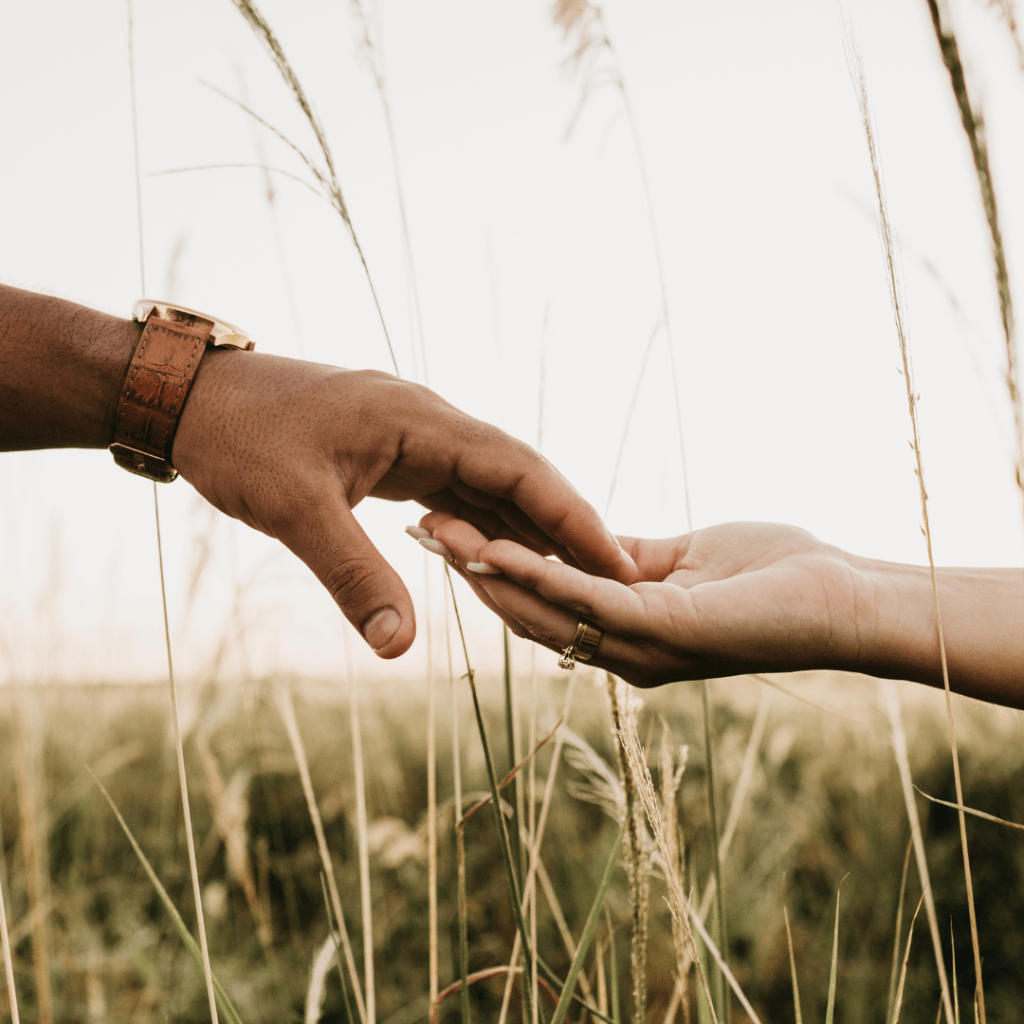Latest
-
In My Own Words
Until now, I have kept a safe distance from the plethora of AI tools that have recently become available. I first dipped my toe in the waters on Canva when I asked it to create pictures, described by me, of my characters and locations in my novel. They were a bit clunky, never quite being…



